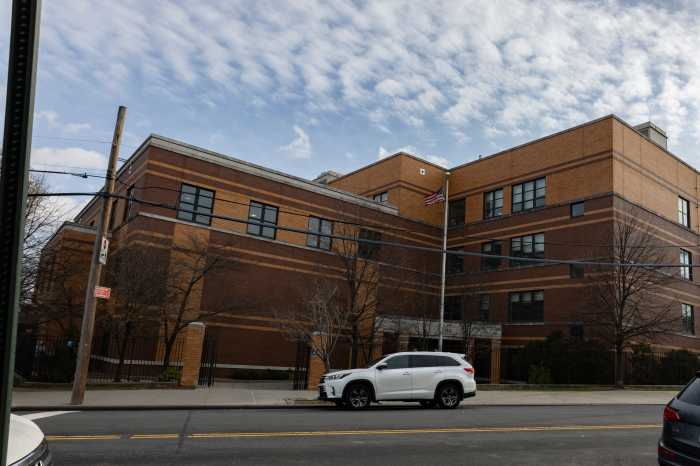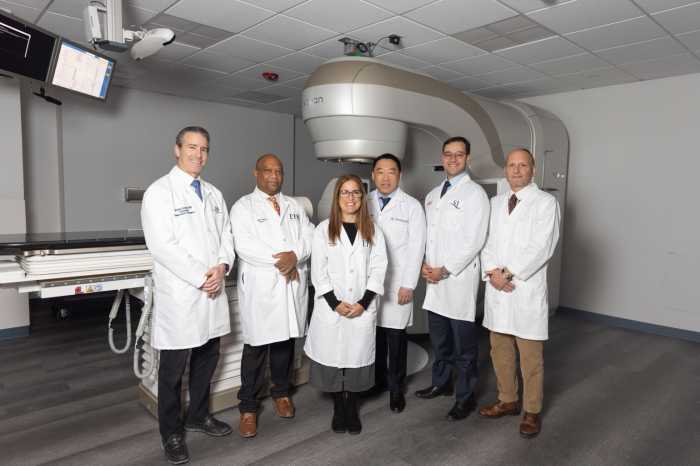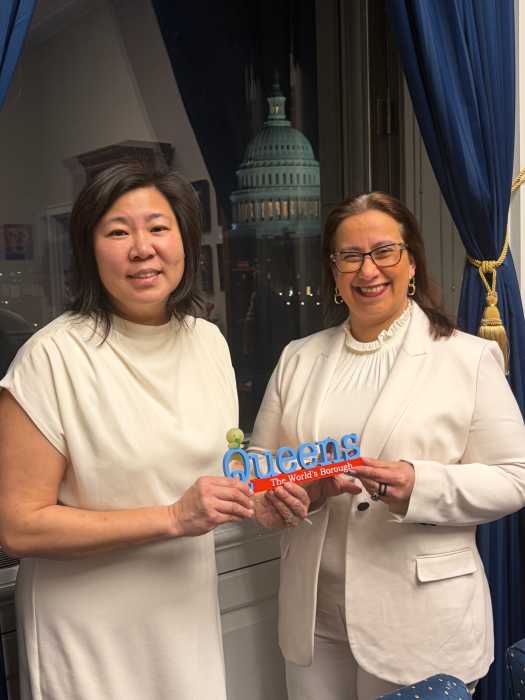BY RONALD FATOULLAH, Esq. and DEBBY ROSENFELD, Esq.
On March 16, 2010, Governor Patterson signed the Family Health Care Decisions Act (FHCDA) into law. The new law, applauded by advocates for the elderly and disabled, attempts to address the problem that an individual faces if he or she has no health care proxy and lacks the mental capacity necessary to execute one.
The FHCDA allows family members or other individuals who are closest to the patient to make health care decisions, including decisions regarding the withholding or withdrawal of life-sustaining treatment, when the patient is unable to do so.
Prior to the enactment of this law, no medical decisions could be made on behalf of an incapacitated patient unless the patient had a validly executed health care proxy or someone could produce clear and convincing evidence regarding the patient’s wishes. This created many difficult situations for incapacitated individuals who were denied certain potentially helpful or palliative treatment. Further, other individuals were subjected to burdensome and sometimes invasive treatment that perhaps was not in accordance with their wishes.
The FHCDA now establishes a protocol for health care providers to initially determine whether a patient has the capacity to make decisions. If it is determined that the patient lacks decision making capacity and he/she does not have a health care proxy, a surrogate may be selected from a list of individuals who are ranked in order of priority, including family members, domestic partners and close friends. The law also has various safeguards to prevent poor decisions from being made, including a process by which family members and/or physicians can voice their objections to the choice of a surrogate or to a decision the surrogate has made.
The legislation does not apply to incapacitated individuals who have developmental disabilities or who reside in mental health facilities if there are other laws or regulations in place that provide for health care decision making.
While the enactment of this law reflects progressive legislation by establishing a standard of care for incapacitated persons, it is still imperative for individuals to execute health care proxies. A health care proxy allows an agent to make medical decisions on behalf of an individual if the individual later loses capacity and can’t make these decisions.
The health care proxy remains the ideal route for appropriating one’s decision making abilities. A proxy enables the individual to hand pick his/her agent who can best make important medical decisions. In our practice, we have seen clients who have not named a spouse or child as the proxy because the client did not have confidence that the family member could carry out his/her health care wishes. Therefore, FHCDA should not be viewed as a substitute to a health care proxy, but rather as a safety net for those individuals who did not have the foresight to sign one.
Ronald A. Fatoullah, Esq. is the principal of Ronald Fatoullah & Associates, a law firm that concentrates in elder law, estate planning, Medicaid planning, guardianships, estate administration, trusts and wills. The firm has offices in Forest Hills, Great Neck, Manhattan, Brooklyn, and Cedarhurst, NY. Fatoullah has been named a “fellow” of the National Academy of Elder Law Attorneys and is a former member of its Board of Directors. He also served on the Executive Committee of the Elder Law Section of the New York State Bar Association for over 15 years. Fatoullah has been certified as an Elder Law Attorney by the National Elder Law Foundation. Fatoullah is a co-founder of Senior Umbrella Network of Queens. This article was written with Debby Rosenfeld, Esq., a senior staff attorney at the firm. Ronald Fatoullah & Associates can be reached by calling 718-261-1700, 516-466-4422, or toll free at 1-877-ELDER-LAW or 1-877-ESTATES.


































